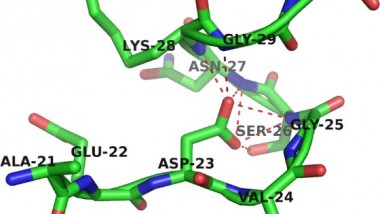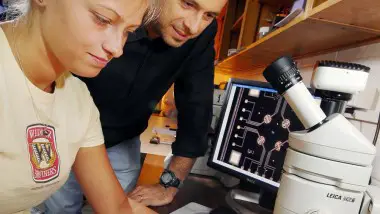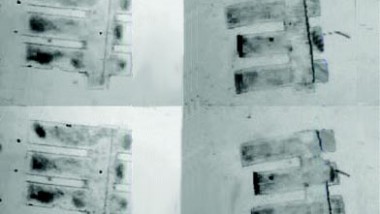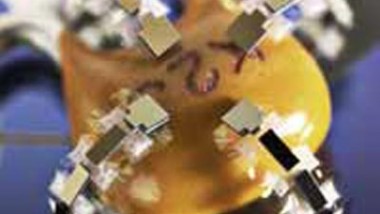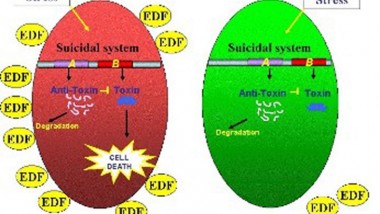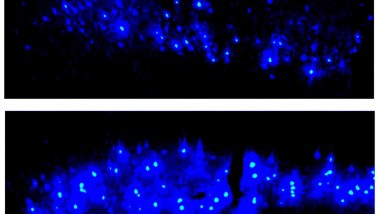Scientists from UCLA recently pinpointed a possible physical origin of Alzheimer’s disease. The amyloid-beta protein has long been known to clump in the brain and be involved in the progression of the disease. The UCLA team identified a loop in ...
Exmocare Wristwatch
The U.S. Company Exmocare has developed a novel wristwatch, which is capable of monitoring many physiological signals. The watch can send a report regarding the wearer’s emotional and physiological state to a loved one or caretaker, via email, SMS, or ...
Nanoparticles Vaccination Developed
Sai Reddy, PhD student from EPFL (Ecole Polytechnique Fédérale de Lausunne) in Lausanne, Switzerland has won the KPMG Tomorrow’s Market award for a vaccination methodology he developed along with Professor Melody Swartz and Professor Jeff Hubbell. The vaccination uses nanoparticles ...
Combination Therapy Treatment Neutralizes HIV
European researchers have discovered that they can successfully neutralize the human immunodeficiency virus (HIV). A study conducted by Professor Jens Lundgren and his colleagues from the EuroSIDA research group shows that a long term treatment of HIV-infected patients with the ...
Microsensors to Measure Pollutants on Site
Scientists at the Georgia Institute of Technology have recently developed a miniature sensor that can measure air and water pollution levels. The sensor utilizes polymer membranes deposited on a tiny silicon disk to measure various pollutants present the air and ...
Microrobots to Travel In Our Blood Vessels
Scientists from the Chonnam National University in Korea have developed a robot that is able to move inside blood vessels. The micro robot has many possible applications, such as performing tests and releasing drugs when hitting a blood clot. The ...
Microscopic ‘Hands’
Professor Chang-Jin Kim of the UCLA Henry Samueli School of Engineering and Applied Science has recently invented a microscopic “hand”. Thanks to its tiny 1-millimeter size, the microhand is capable of handling microscopic objects, making it a potentially invaluable tool ...
Bacteria Suicide Mechanism Might Lead to New Drugs
Researchers from the Hebrew University of Jerusalem discovered a new bacterial communication factor that is associated with bacteria’s death. The intestinal bacteria E. coli activate a “suicide” system in response to stressful conditions and to the density of their population. ...
Cell Death Discovery to Help Spinal Cord Injuries
Researchers from the Max Delbrueck Center for Molecular Medicine (MDC) Berlin-Buch, Germany in collaboration with researchers from the Aarhus University in Denmark have found a receptor responsible for inducing neuronal cell death caused by spinal cord injuries, strokes and aging. ...
Artificial Vascular System to Help Grow Tissues
Researchers from Cornell University have engineered micro-channels within a water-based gel that can act as a vascular system. The system can carry and deliver oxygen, sugar, proteins, and other growth factors to the growing tissue. The scientists designed the system ...

